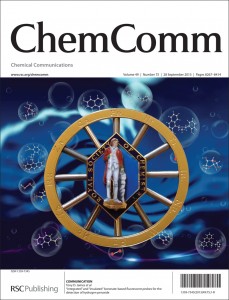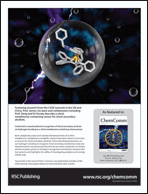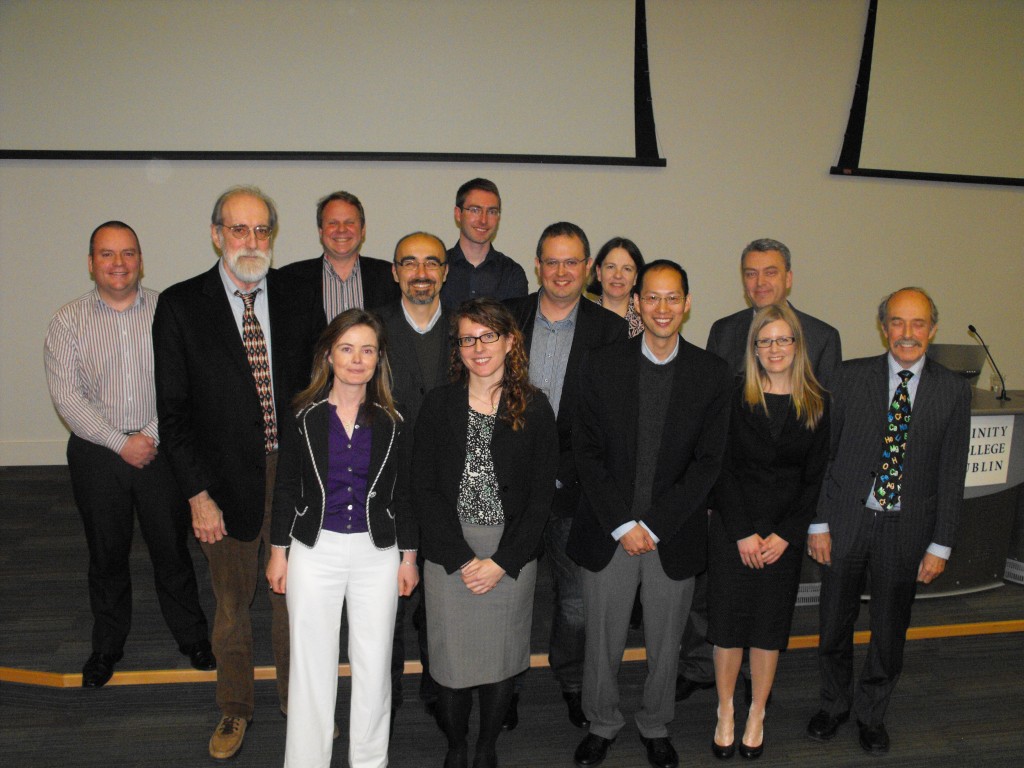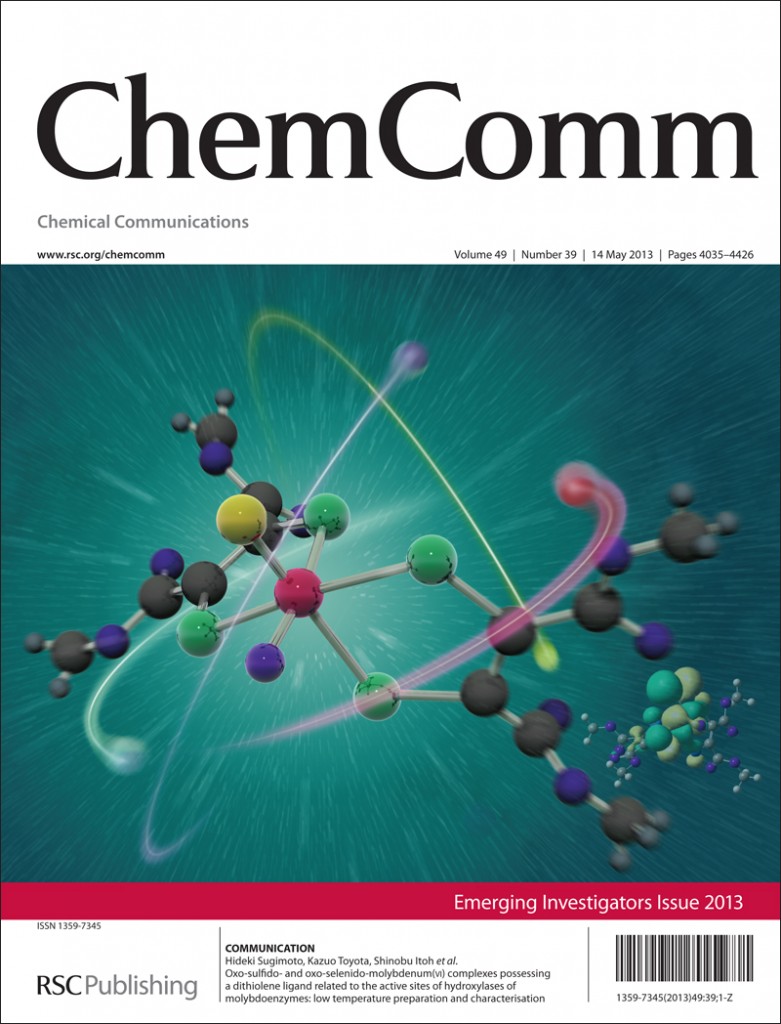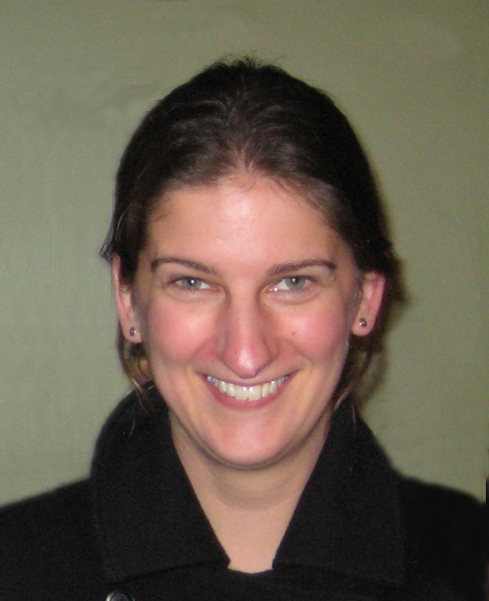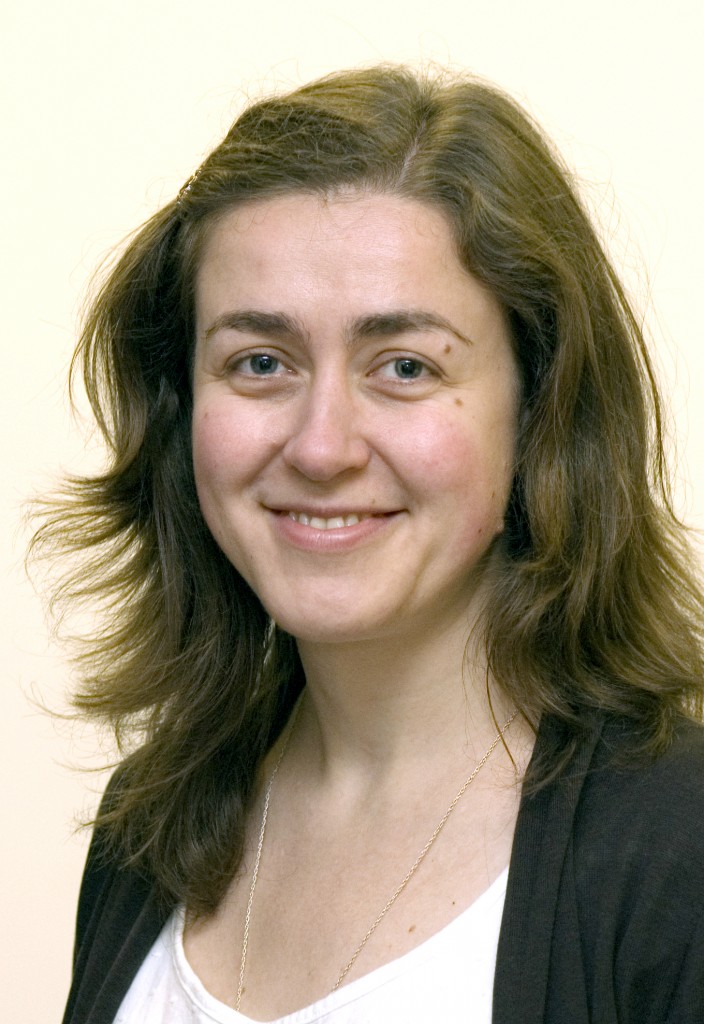This week is your last chance to nominate a colleague for the ChemComm Emerging Investigator Lectureships 2014.
Nominate by Friday 6th December 2013
The lectureships recognise emerging scientists in the early stages of their independent academic career. 2014 marks the 50th volume of ChemComm and in celebration of this very special anniversary we will be awarding three ChemComm Emerging Investigator Lectureships next year. So nominate a colleague today!
To qualify
To be eligible for the ChemComm Emerging Investigator Lectureship, the candidate should have completed their PhD on or after 4th September 2005. The candidate should also have published at least one article in ChemComm during the course of their independent career.
Award details
The recipient of the award will be invited to present a lecture at three different locations over a 12 month period. It is expected that at least one of the locations will be a conference. The recipient will receive a contribution of £1500 towards travel and accommodation costs. S/he will also be presented with a certificate and be asked to contribute a ChemComm Feature Article.
Nominations
Those wishing to make a nomination should send the following details to the ChemComm Editorial Office by Friday 6th December 2013:
- Recommendation letter, including the name, contact details and website URL of the nominee.
- A one page CV for the nominee, including their date of birth, summary of education and career, list of up to five independent publications, total numbers of publications and patents and other indicators of esteem and evidence of independence.
- A copy of the candidate’s best publication to date (as judged by the nominator).
- Two supporting letters of recommendation from two independent referees. These should not be someone from the same institution or the candidate’s post doc or PhD supervisor.
The nominator and independent referees are requested to comment on the candidate’s presenting skills.
Please note that self nomination is not permitted.
Selection procedure
The ChemComm Editorial Board will draw up a short-list of candidates based on the information provided by the referees and nominator. Short-listed candidates will be asked to provide a supporting statement justifying why they deserve the award. The recipients of the award will then be selected and endorsed by the ChemComm Editorial Board, and will be announced in Spring 2014.
Previous winners
| 2013 | 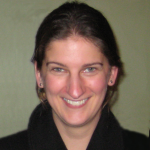 |
Professor Louise A. Berben (University of California Davis, USA) for synthetic and physical inorganic chemistry, who will give a plenary lecture at ISACS 13 in Dublin. |
| 2013 | 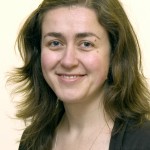 |
Dr Marina Kuimova (Imperial College London, UK) for biophysical chemistry who will give her Lectureship in 2014. |
| 2012 | 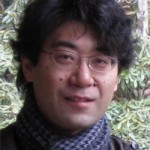 |
Professor Hiromitsu Maeda (Ritsumeikan University, Japan) – he was presented with his lecture certificate at ICPOC 21. |
| 2011 | 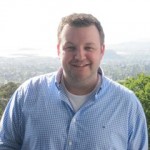 |
Dr Scott Dalgarno (Heriot-Watt University, Edinburgh, UK) – Find out about his Emerging Investigator Lecture tour in China. |











